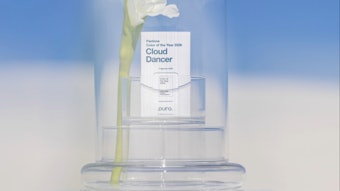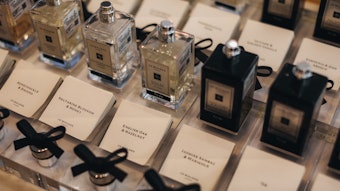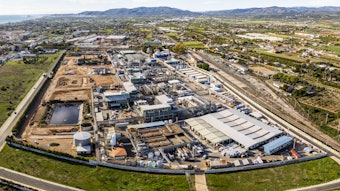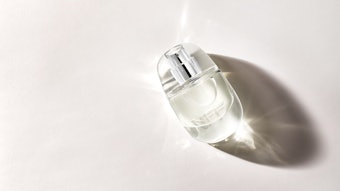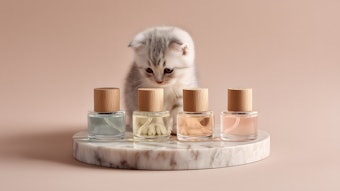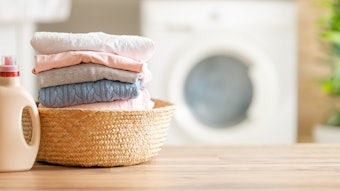While Brazil is the world’s biggest fragrance market and is expected to have the strongest absolute growth from 2011–2016, it is highly mass-dominated (over 90% of sales), according to Euromonitor International. The high import tax for fragrances, at more than 40%, as well as the increase in disposable incomes for traveling, are pushing consumers into buying premium fragrances while abroad rather than in Brazil. In fact, the average price for premium fragrances in Brazil is more than double that of the U.S., at over $100 per 50 mL.
While there are undoubtedly difficult challenges for premium fragrance brands to overcome in order to get a strong foothold in Brazil’s fragrance-loving market, Sephora’s presence is sure to shake up the field. As the use of fragrances is deeply embedded in the country, Brazil is forecast to not only have the highest volume per capita in 2016, but also to be the third highest-spending country in per capita terms, behind only the Netherlands and Switzerland.
This creates a good opportunity for premium fragrances, which are facing a more challenging environment than other premium categories, due to a combination of cash-strapped consumers in developed markets and limited inclination for fragrances in Asia-Pacific.
In a graphic called “Brazil’s high spend per capita shows premium potential,” Euromonitor International notes that retail distribution will play a key role in determining where the balance will lie between premium and mass fragrances in Brazil by 2016. In addition to the presence of Sephora in country, another key driver will be the Internet, which has been expanding to new regions in Brazil that have few physical points-of-sale, providing an opportunity to increase sales in the coming years through lower operating costs. This provides a platform for premium fragrances, where lower until prices can be offered to make such products more accessible to consumers. Unit price will also be one of the most important drivers of premium fragrance for the Brazilian marketplace. With spending per capita in Brazil higher that in many of the premium-dominated countries, reducing taxes or producing locally will be essential in encouraging Brazilian consumers to buy premium fragrances at home.



